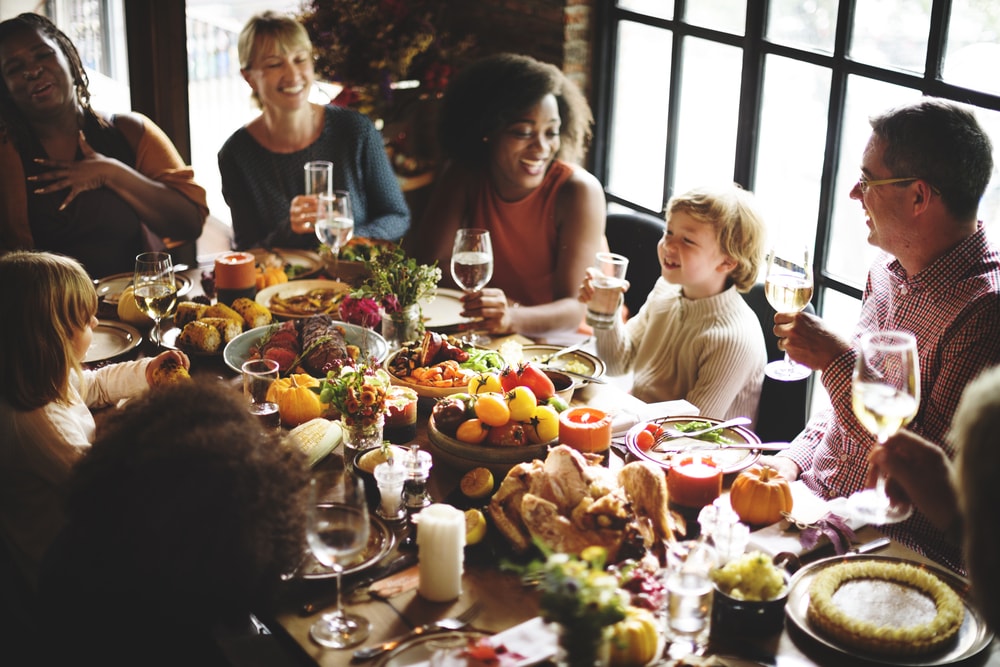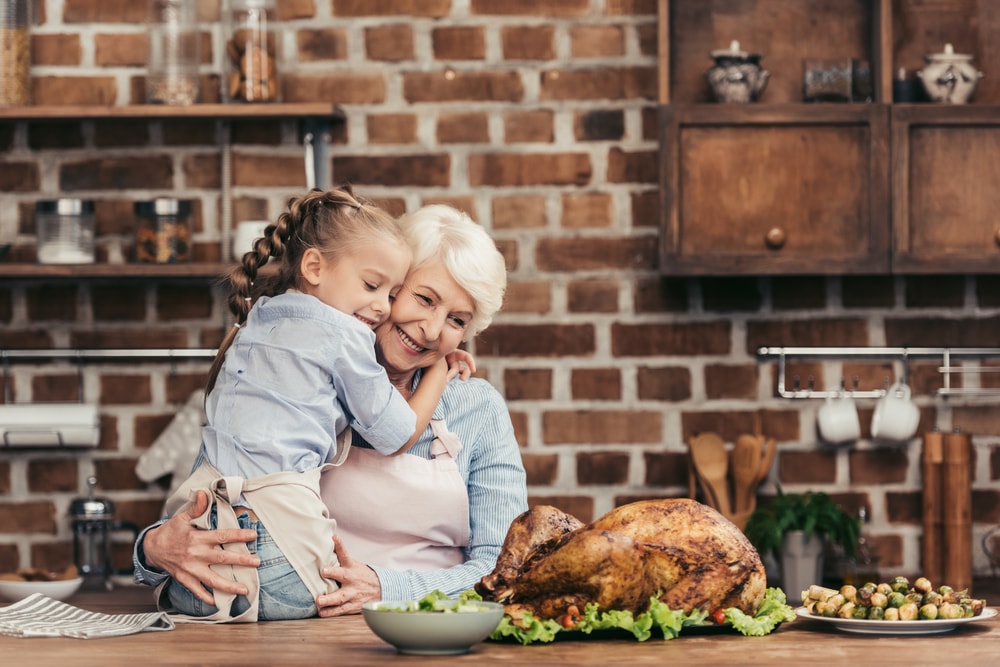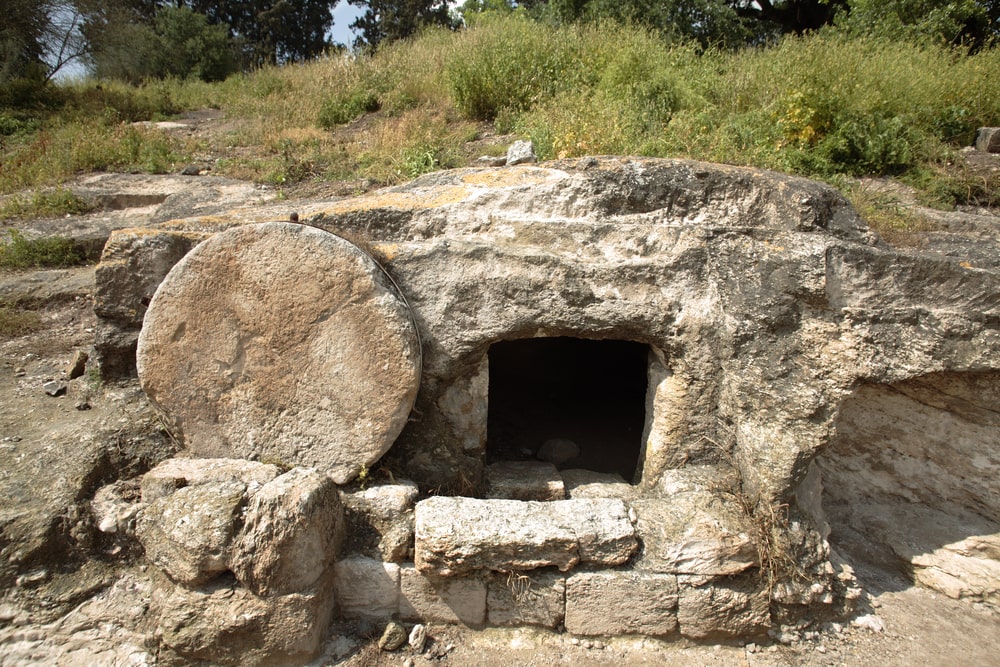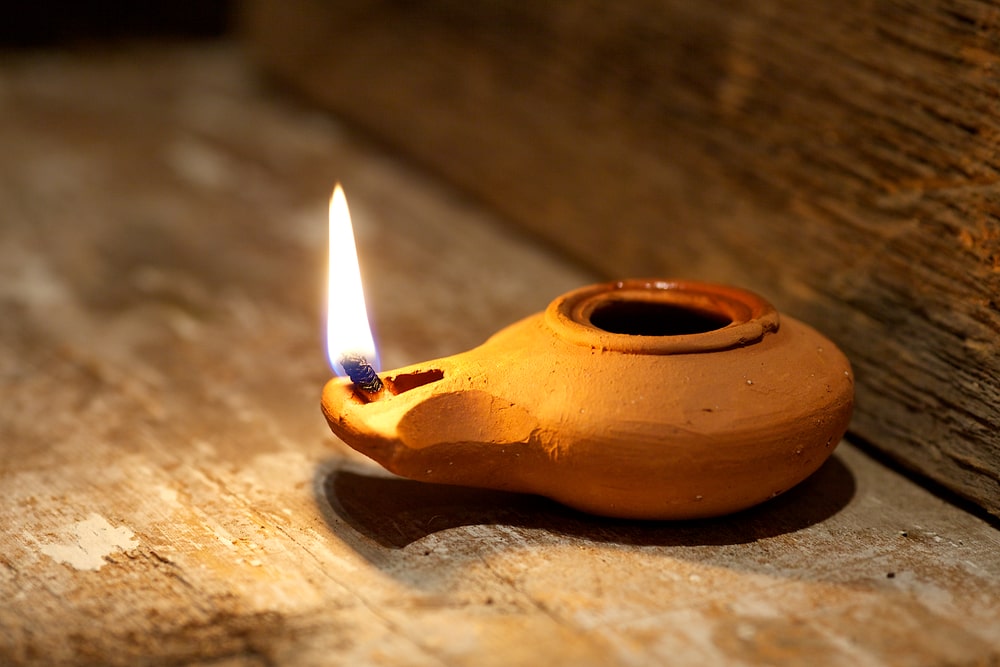
While holiday grief is often more closely associated with Thanksgiving or Christmas, any holiday can stir up feelings of loss and sadness. If you are missing a lost loved one this Easter, consider taking comfort in honoring their life through meaningful actions. When we take those internal feelings of grief and outwardly express them through mourning actions, something almost unexplainable happens. Somehow, peace comes. The heart aches less. The person you’re missing seems closer than they did before. So, to help you pinpoint the best way to honor your loved one’s memory this Easter, let’s brainstorm options.
Order a Bouquet of Easter Lilies
Perhaps you’ve heard that flowers have meaning, and the lily is no different. It represents purity, sympathy, innocence, peace, and hope. Traditionally, the lily is closely linked to both Easter and funerals. The connection lies in the belief that there is new life and rebirth after death, much like the hope that comes with Jesus Christ’s resurrection. To honor your loved one, consider ordering a bouquet of Easter lilies to display in your home, donate to a local church, or place at your loved one’s final resting place.
Honor Your Loved One in Your Easter Baskets
If your family celebrates with Easter baskets, you can theme the basket after your loved one. For example, use “grass” or tissue paper in their favorite color. Include their favorite candy or chocolate bar with a note that says “Love, <name>.” Include a photo, poem, or work of art that has special meaning. Depending on what you want to do, you could even put together a basket specifically for the person who has died. This might be particularly helpful when a child or young sibling has died. It allows that lost family member to be included in the festivities and keeps their memory alive.
Create a Memory Basket
Though similar to a themed Easter basket, a memory basket is a bit different. To create one, you should set up an area in your home with a basket and empty plastic Easter eggs. Add pens and little strips of paper. Then, in the days leading up to Easter, encourage family members (and friends) to write down a special memory and place it in an egg. Then, on Easter, you can read the memories aloud together or each person can find their egg and keep it as a remembrance token. There’s flexibility with how you set things up, but the main idea is to recall and share sweet memories.
Attend an Easter Service
If you are a person of faith, attending an Easter service can bring great comfort and a reminder that life doesn’t end with death. Spirituality and faith sustain millions of people around the world as they process loss and grief. That’s why attending a service can be the perfect activity when you are missing a loved one at Easter. You can light a candle of remembrance, speak your loved one’s name aloud, read a litany, say a prayer. All of these symbolic actions can bring peace and hope. Plus, if attending a service is something that would make your loved one smile, you can do it for them!
Take an Easter Family Photo
Many families take a family photo at Easter, and it can create a sweet remembrance keepsake. When you take the photo, include something that reminds you of your loved one. For example, wear a clothing item they gave you, hold a framed portrait of them in the picture, grab their favorite thing (quilt, stuffed animal, book, etc.) to include. Just because your loved one is no longer physically present doesn’t mean that you can’t include them in the special moments of your life. After all, their influence and impact doesn’t end with death – that will live on in you!
Keep Family Traditions Going
If you ask different families what their Easter traditions are, you’re going to get different answers. To honor your loved one, choose one of their Easter traditions and start doing it with your family. Maybe that’s an elaborate Easter egg hunt or only filling the eggs with Hershey kisses. Perhaps it means roasting Peeps over the fire, baking a bunny cake, or watching the Irving Berlin movie Easter Parade. Whatever it looks like, you can add a special tradition to your holiday that will bring a smile to your face and joy to your heart.
There are, of course, many ways to remember a loved one on Easter, so feel free to be creative. While the grief you feel may not entirely go away, doing something to honor them can turn your mourning into dancing.
































 Thirdly, when the day comes that your loved one is gone, hopefully after a long and fulfilling life, you can take the information you’ve gathered and create a meaningful funeral service. Additionally, if you video your interviews, you will have priceless footage to use in the creation of a
Thirdly, when the day comes that your loved one is gone, hopefully after a long and fulfilling life, you can take the information you’ve gathered and create a meaningful funeral service. Additionally, if you video your interviews, you will have priceless footage to use in the creation of a 
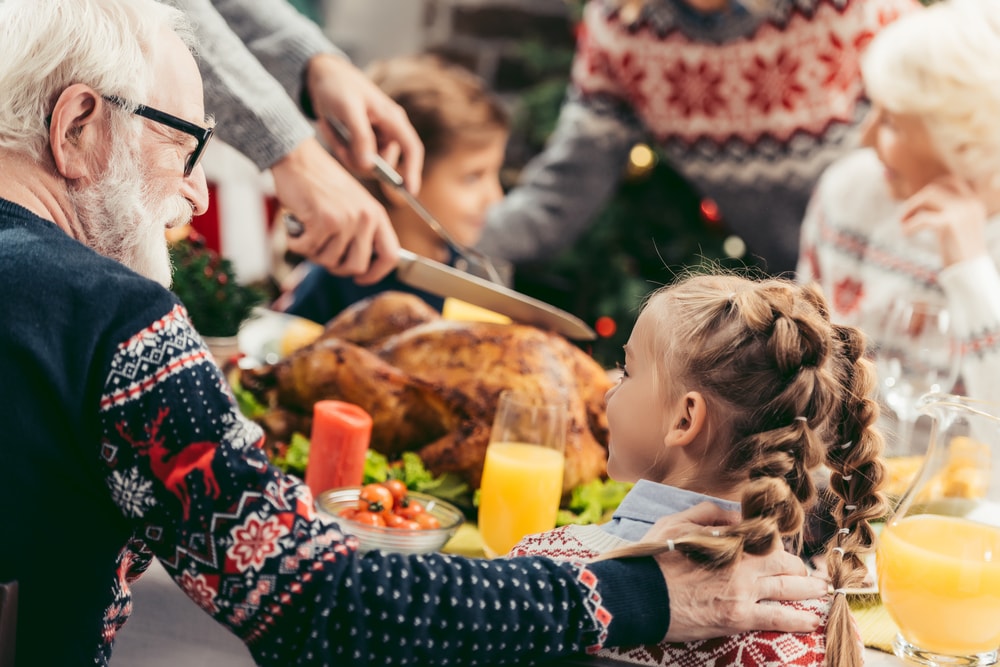



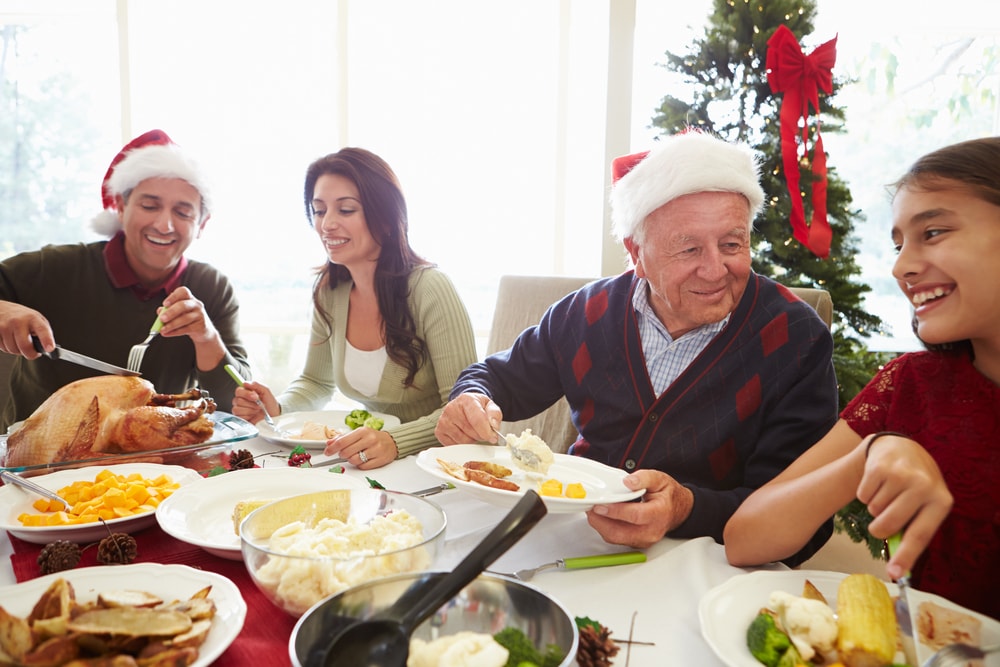
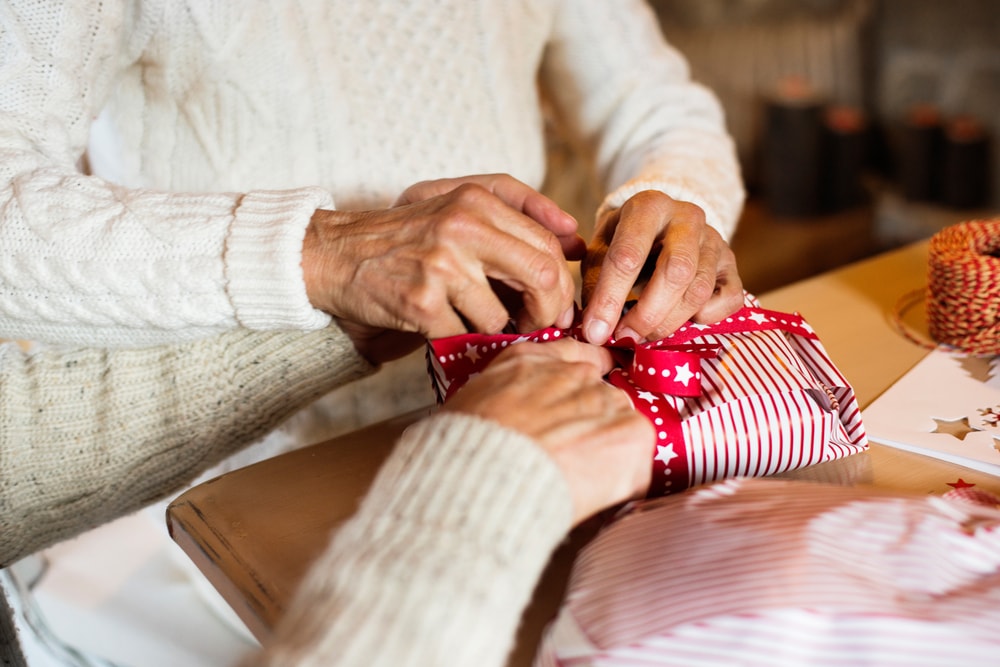





 Candles have long been used to as a symbol for remembrance. Keeping the light burning signifies that the memory of a loved one still shines bright. This Christmas season, consider lighting a candle in honor of the person you’ve lost. You can place the candle in a special place and take turns lighting the candle through the season. This way, everyone has a chance to actively remember the person who has died.
Candles have long been used to as a symbol for remembrance. Keeping the light burning signifies that the memory of a loved one still shines bright. This Christmas season, consider lighting a candle in honor of the person you’ve lost. You can place the candle in a special place and take turns lighting the candle through the season. This way, everyone has a chance to actively remember the person who has died.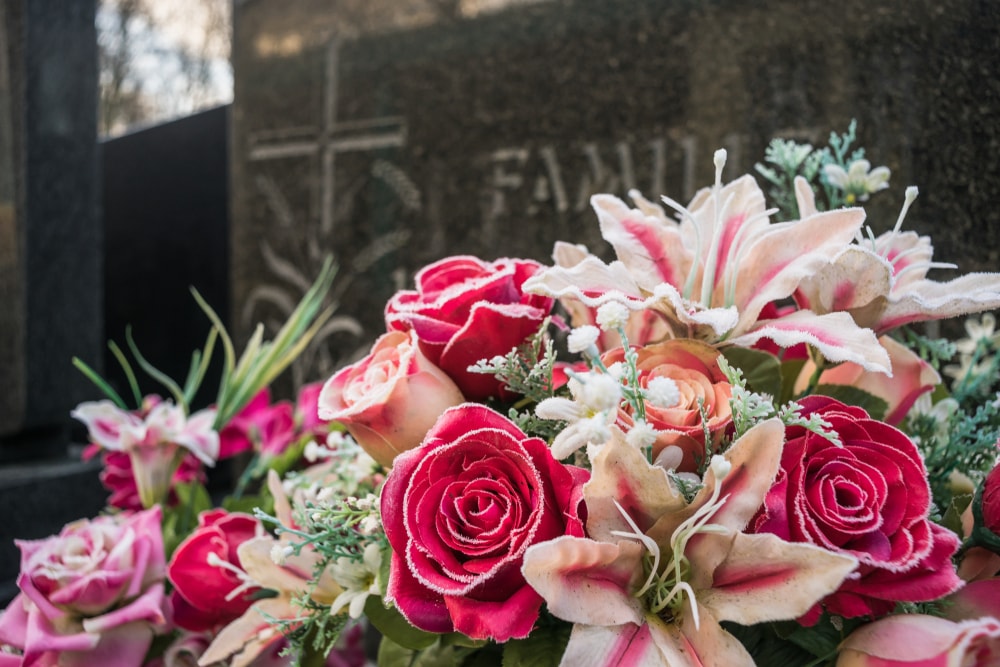
 For this simple idea, all you need are biodegradable balloons and a sharpie. Blow up the balloons, have each person write a special message on their balloon, and then, release them to the sky. This practice is actually more meaningful than you might think, and it’s an easy way to get everyone involved. But remember – get biodegradable balloons that are friendly to the environment.
For this simple idea, all you need are biodegradable balloons and a sharpie. Blow up the balloons, have each person write a special message on their balloon, and then, release them to the sky. This practice is actually more meaningful than you might think, and it’s an easy way to get everyone involved. But remember – get biodegradable balloons that are friendly to the environment.


